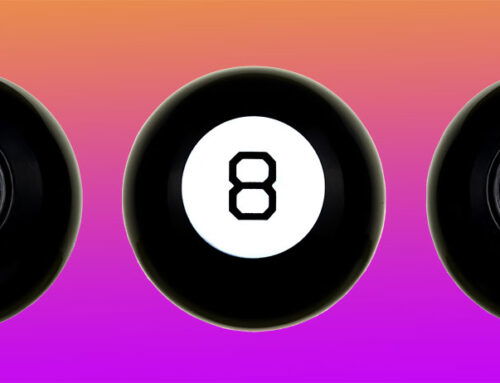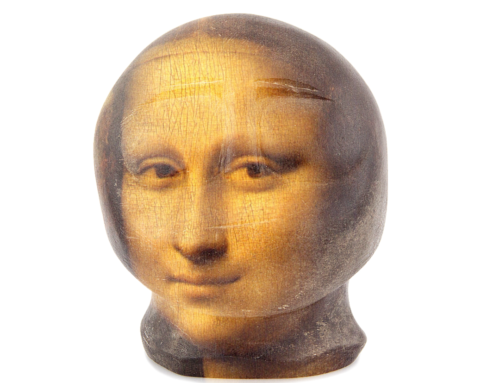After numerous family visits and other commitments, I finally had a free Saturday to get back to writing. However, the television – that temptation – hooked me on the women’s final of the French Open Tennis Championship.
“What a waste of precious writing time,” I thought, angry for letting television dictate my day.
Thoughts of my ambitious professional friends who pride themselves as too busy to watch television and too sophisticated to waste time on such junk flashed through my mind.
And then I started thinking about what I saw on TV. Was that really a waste of time – worthless entertainment – or was it a sampling of life stuffed with enough thoughts and feelings to write a novel or two?
Serena Williams, seeded first and the heavy favorite, was going for her twentieth grand slam tennis trophy. Oh, my god: 20 majors! I competed as a tournament tennis player in Southern California as a teenager, trained every day for years (had a mean left-handed serve) and can attest to how difficult it is to win a single tournament, or even a minor one. Serena was playing Lucie Safarova from the Czech Republic. Lucie was seeded thirteenth and a serious underdog. In the first set Serena overpowered Lucie, winning 6-3. I felt a bit sorry for outmatched Lucie, but she remained composed and hung in there. The beginning of the second set was even more lopsided, and quickly the score was 4-1 in favor of Serena. Serena was such a great champion. I was rooting for her; she deserved to win. The match was essentially over. Thank goodness. I could get to writing.
Wait a minute! Serena just double faulted. Then she missed a few shots that would have been sure points minutes earlier. Lucie hit a stunning forehand down the line, her best weapon. The momentum shifted. Forget the details. Soon it was 4-4, then 5-4 in favor of Lucie. Imagine. What a lesson about never giving up.
Serena was angry; she started to scream in the air and curse. She was falling apart, but kept fighting. Serena recovered to 6-5 and was two points away from the championship. Close, but not victorious; it’s not over until it’s over. Lucie won the second set tiebreaker. Serena was livid, acting like a spoiled child.
The third set started in Lucie’s favor, 2-0. Serena kept screaming, her face contorted in anguish. She sprayed her shots wide of the mark. Lucie was in control. Serena was angry, make that furious. Such behavior for a great champion was unacceptable, distasteful. I changed allegiance. I started to root for Lucie. Go Lucie! What a comeback! What persistence.
Serena kept her angry disposition, kept pumping her fist, kept screaming, but her accuracy improved; she found the lines, she retrieved her ailing serve. I had no idea what was going on in her mind, but I heard her say to herself, “Losing is not an option.” Or was I saying that to myself?
Serena won the next six games and her third French open title, her twentieth grand slam tournament. Now she was smiling, a behavioral chameleon. Lucie must have been disappointed, but remained stoic and respectful. Having extended Serena was a victory in itself, and Lucie clutched the runner-up trophy as if she knew that. After thanking all the usual suspects, she promised to return and play even better next year. I saw a story about expectations, not about winning or losing.
Serena, now a happy camper, took the microphone for her acceptance of the winner’s trophy. Another surprise, for me at least. She spoke fluent French, with hardly an accent, saying what a dream come true to win the coveted French championship for the third time. She switched to her native English, praised Lucie, and thanked family, friends and trainer. How many other languages did she know? What else could she do apart from tennis? There was far more to Serena then being able to hit a tennis ball. This was something to think about: our depth, our hidden selves.
After a momentary pause, she said, “Dad, I love you so much.” It was moving by its simplicity. The extraordinary tennis, the refusal to lose, the conquest of herself to prevent the match from slipping away, the final victory: how could one not have time to watch that drama, that encapsulation of a life?
And what of Serena’s father? He had decided when Serena and her older sister Venus were children that he would make them tennis champions, and predicted that Serena would reach even greater heights than Venus. But he didn’t play tennis himself, so he studied tennis in a book and created one of the greatest sports phenomena in history. There’s another novel. I wasn’t just watching a tennis match, I was writing.
Why would Serena be so driven to win that particular match? Was it to beat Lucie? That couldn’t be the whole story. Was it to put major championship number 20 under her belt? Doubtful. Was it just the competitive juices flowing at the moment? I assume to some extent, yes. Too often I have felt the heavy pressure to win, and when I didn’t, felt crushed. Or was Serena driven by the thought of having “the best ever” written on her tombstone? How would her life differ if Lucie had beaten her? Watching that tennis match was gathering the raw material to write a better story someday, or to understand more than I did before I flipped on the TV.
As I watched television, as the clock ticked and the day receded, I was writing, in my own way, in my head, using time, not wasting it, contributing to who I strive to be.






Leave A Comment